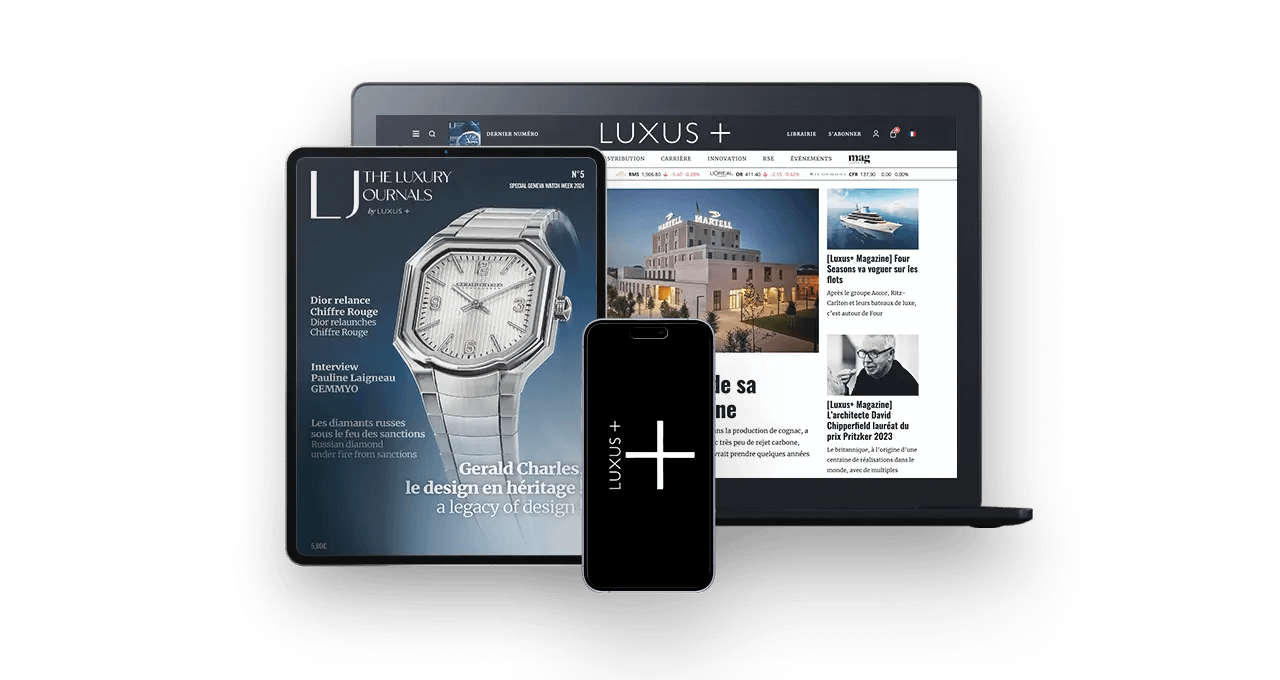Going beyond the stereotypes of luxury, business aviation is resolutely committed to a more environmentally-friendly approach.
A symbol of the ultra-rich, business aviation is often stigmatized. It even has a name: jetbashing. National and international bodies do not hesitate to tax this unpopular sector.
“The government was talking about taking 400 million euros from us over the next four years. Now we’re hearing 600 million,” says Pascal de Izaguirre, President of the Fédération nationale de l’aviation marchande (FNAM), which represents the entire French air transport industry, including the traditional airlines.
And yet, in addition to generating jobs, business aviation plays a leading role in the transformations that are essential for the air transport sector to adapt to the ecological transition. Its innovative and adaptable character suggests that it will become less carbon-intensive, as various indicators suggest.
Threats are taken seriously. Since January 1, 2023, business aviation has been subject to restrictive measures: the TICPE (domestic consumption tax on energy products) applied to company-owned aircraft used for executive travel has been raised, resulting in a twofold increase in the price of kerosene. These flights account for a quarter of all business aviation, while the remaining 75% is carried out by chartered cabs.
Decarbonization objective
Players in the sector are seeking to shed this negative image. Such is the case with custom aircraft rental site AEROAFFAIRES, which has been providing expertise in on-demand private jet and helicopter rentals worldwide since 1991. It offers its customers exceptional know-how in air brokerage and business aviation. In 2019, François-Xavier Clerc, then CEO of AEROAFFAIRES, positioned his company as a pioneer in business aviation with an ecological and responsible approach.
Read also>PARIS AIR SHOW: DECARBONATION, HYDROGEN, THE ISSUES DRIVING AERONAUTICS DEBATES
Featured photo : ©AEROAFFAIRES






































